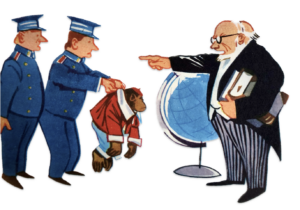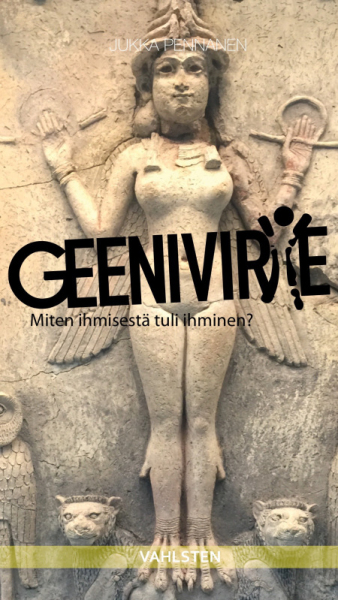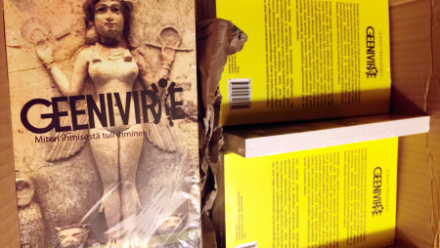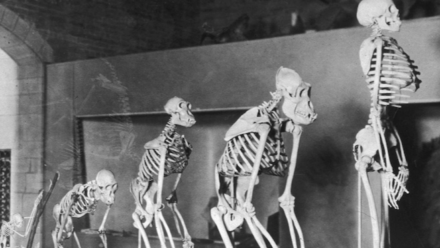Author’s disclaimer
You are reading highly controversial claims. Many of my views do not correspond to general scientific thinking. I am not anti-science, far from it, but many of my arguments regarding human evolution diverge from the prevailing academic views. Otherwise, I guess there would be no idea to present them. The articles try to show our view of ourselves as homo sapiens questionable and humans remnants of ancient homo species, which is why we should be called homo reliquiae, “surviving man”, instead of homo sapiens.
Understanding human nature is possible. I believe there are also answers in addition to questions in science. The emergence of modern humans +100.000 years ago can be described. My hypothesis proposes to limit the origin of modern humans to microevolutionary changes. That is why humans are not a new species but a slight modification of our ancestors. We are psychologically more backward than we dare to believe. Because of this, understanding life and its various phenomena is difficult for us.
The articles on this website are based on my Finnish book Geenivirhe—Miten ihmisestä tuli ihminen? (2015). My problem, so to speak, with these writings is that I’m not a scientist or a professional in any field I am writing about. I’m not trained in psychology, anthropology, palaeontology, archaeology, or neurosciences. As D.H. Lawerence once put it, “I am not a scientist. I am an amateur of amateurs.” However, I do not intend to do research; I merely decode findings and theories.
If I were to say it comically, I would say: I know the answer, but I don’t know the question. What I mean by this is that the many nuanced problems in the academic field are not directly within my scope of knowledge. I only know them superficially. That’s why my approach to questions might look academically naive. But on the other hand, many problems in science apply to everyone. That’s why I, too want to have my fingers in the pie.

I plunged into the middle of human emergence and consciousness purely accidentally. I pondered for years the mystical experience through philosophical reflection. But unfortunately, it was too theoretical and pretty useless, even though I learned a lot. Then, unexpectedly, I saw the way out. The answer was strange, but above all, it didn’t seem to agree with scientific views or a humanistic worldview. I soon realised it was nothing new I had come across. It was ancient knowledge that had been known for ages but had just been forgotten.
So my contribution to understanding humans is to revive the old tradition. I’ve given a different wording to this old comprehension. Rather than analysing, I’ve preferred philosophical syntheses. Synthesis, for me, refers to non-analytical methods. It is not dominated by logical reasoning as much as by association. Synthesis seeks to find the causes of problems from where analysis usually fails: contradictions, paradoxes, and things taken for granted. These typically reveal flaws and illogicalities in thinking and worldviews. The synthesis also attempts to understand human reality by combining phenomena that are difficult to approach with pure reasoning (e.g. art, religion, mysticism).
JP




